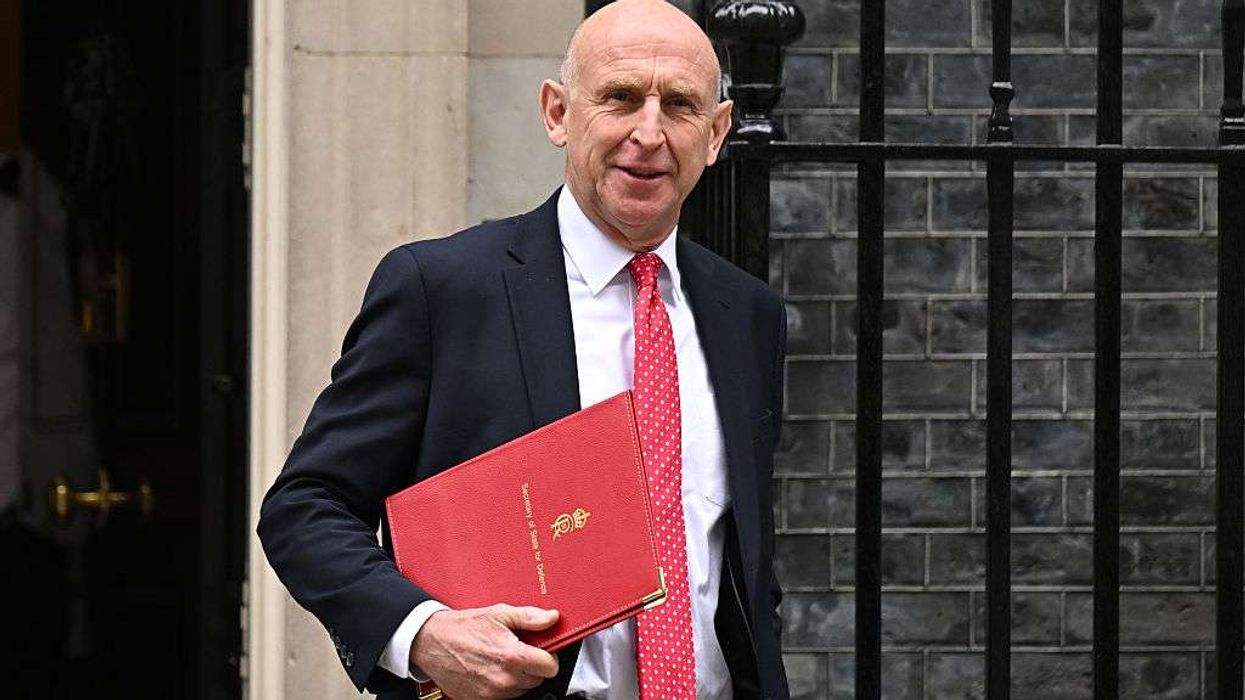BRITAIN is drafting new powers to allow troops to shoot down unidentified drones threatening its military bases, defence secretary John Healey will announce on Monday (20).
Healey is due to unveil measures in response to what is widely seen as a growing threat posed by Russia.
"Last month, we saw 19 drones cross the Polish border. Days later, Russian jets violated Estonia's airspace, while at the same time, Russia mounted a concerted campaign to subvert Moldova's election," Healey will say, according to an excerpt of his speech shared with Reuters.
"As we speak, we are developing new powers – to be put into law through our Armed Forces Bill – to shoot down unidentified drones over UK military sites," he will tell defence officials.
Drones have increasingly disrupted airspace across Europe, prompting airport shutdowns and flight cancellations. Fingers have been pointed at Russia as tensions with the West have risen over its war in Ukraine. Moscow has denied involvement.
The Telegraph newspaper, which first reported the measures on Sunday (19), said that while the new powers would initially apply only to military sites, the UK government was "not ruling out working to extend those powers" to sites such as airports.
The military can currently use specialist counter-drone equipment which can track incoming drones, hijack signals, and divert them, the newspaper said.
The new proposal would give soldiers or military police an option to shoot them on sight, which they can only do now in extreme circumstances, the Telegraph added.
Earlier in October, Britain said two RAF aircraft flew a 12-hour mission alongside US and NATO forces to patrol the border of Russia, saying that the operation followed incursions into the airspaces of NATO countries including Romania and Estonia.
(Reuters)





